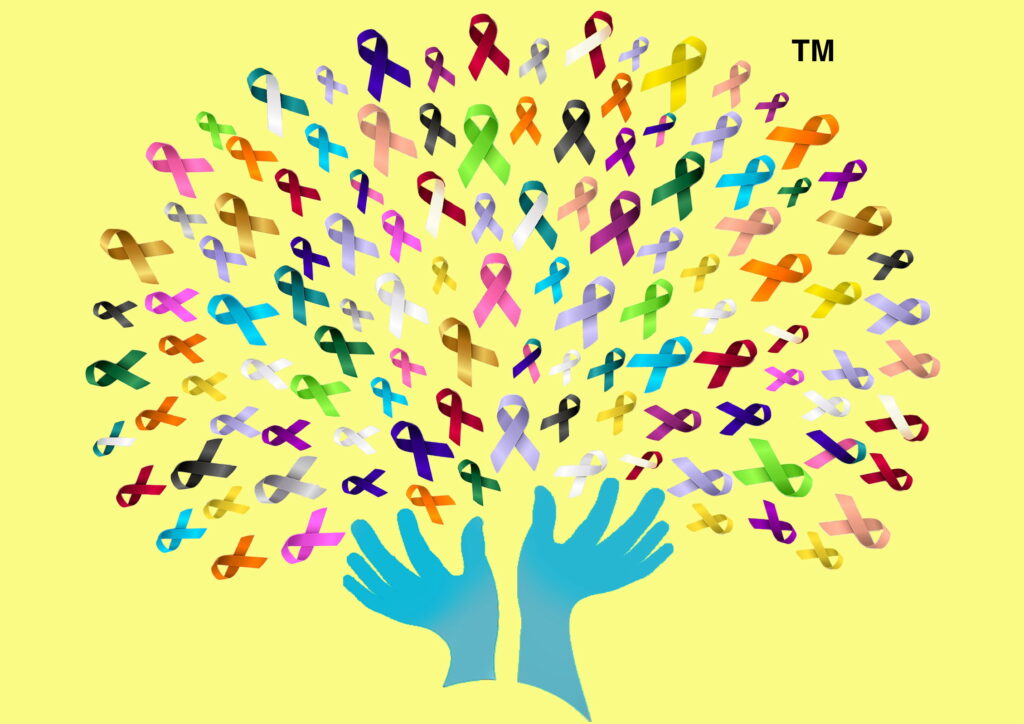When it comes to dealing with kidney cancer, many people find themselves overwhelmed by the amount of information available. This FAQ on kidney cancer is designed to provide clear, concise answers to some of the most common questions. Whether you’re seeking to understand what kidney cancer is or looking for details on treatment and management, this guide is your starting point.
Understanding Kidney Cancer
Kidney cancer happens when cells in the kidneys grow uncontrollably. These tiny organs, located in the back of the abdomen, help clear waste from the blood. Kidney cancer is not very common, but it does occur often enough that knowing about it is important.
There are different types of kidney cancer. The most common one is renal cell carcinoma. This type makes up about 90% of kidney cancer cases. Other types include transitional cell carcinoma and Wilms tumor, which mostly affects children.
It is important to know the types because each may require different treatment approaches. Having this basic knowledge is the first step towards understanding your diagnosis or helping someone with theirs. Ensuring that you get accurate information through reliable sources is part of making the best decisions for your health. By learning about the FAQ on kidney cancer, you can gain valuable insight into these choices.
Recognizing Symptoms and Stages
Kidney cancer can have various signs and symptoms. Knowing these can help in getting a quicker diagnosis. Here are some symptoms:
- Blood in the urine, which might look dark or rusty
- Persistent pain in the back or side
- Unexplained weight loss
- Swelling in the legs or ankles
These symptoms should prompt a visit to the doctor. Understanding the FAQ on kidney cancer also means knowing about its stages. Cancer stages help determine the size, spread, and aggressiveness of the cancer. There are four stages:
- Stage I: Cancer is small and confined to the kidney.
- Stage II: Larger tumor, still in the kidney.
- Stage III: Cancer has spread to nearby tissues or lymph nodes.
- Stage IV: Cancer has spread to distant areas like the lungs.
Each stage has different survival rates, with earlier stages generally having higher chances of survival.
Highlighting the Importance of Regular Health Check-Ups
Early detection significantly affects the outcome of kidney cancer treatment. Spotting cancer early means more treatment options to consider. Regular health check-ups increase the chance of finding kidney cancer early. Even if you are feeling well, check-ups can help catch health issues before they develop into serious problems. These simple visits might just save your life by allowing your doctor to recommend further testing if needed.
Diagnostic Measures: Identifying Kidney Cancer
Diagnosing kidney cancer involves several steps. If symptoms or risk factors suggest kidney cancer, doctors will typically use a range of tests. These include imaging tests, such as ultrasounds or CT scans, which create pictures of the kidneys to spot abnormalities.
Another technique is a biopsy. This involves using a needle to take a small piece of kidney tissue. Examining the tissue under a microscope helps to accurately diagnose cancer. Other ways include blood and urine tests. These tests do not confirm cancer but can indicate how well the kidneys are working.
With an understanding of the diagnostic measures through an FAQ on kidney cancer, patients know what to expect. Keeping an open dialogue with healthcare providers ensures everyone remains informed about the process.
Navigating Treatment Options for Kidney Cancer
There are multiple treatment paths for kidney cancer. Surgery is one common approach where the tumor or sometimes the entire kidney is removed. This is especially true in early stages when surgery can often cure the cancer.
For other stages or cases, therapy forms part of the treatment. Treatments such as immunotherapy help the immune system find and attack cancer cells. Targeted therapies work by focusing on specific cancer cell functions. Treatments can vary, so knowing about each option is important.
Medication can also play a role, particularly in advanced stages. Pills that control cancer growth can be part of a plan. By exploring the FAQ on kidney cancer, you can decide on the right path forward.
Living with and Beyond Kidney Cancer
Living with kidney cancer requires adjustments in lifestyle and mindset. Patients benefit from finding a support system, whether through family, friends, or cancer support groups. Making lifestyle changes like eating a balanced diet and quitting smoking may also help improve outcomes.
Emotional support is key. It’s important to address mental well-being, as a kidney cancer diagnosis can take an emotional toll. Engaging in activities like yoga or meditation can help relieve stress.
Conclusion: Empowering Awareness
Awareness is your first tool against kidney cancer. By understanding the FAQ on kidney cancer, you empower yourself and others. Regular check-ups and early detection can make a difference. Be proactive about kidney health, as this could be crucial in maintaining overall wellness.

